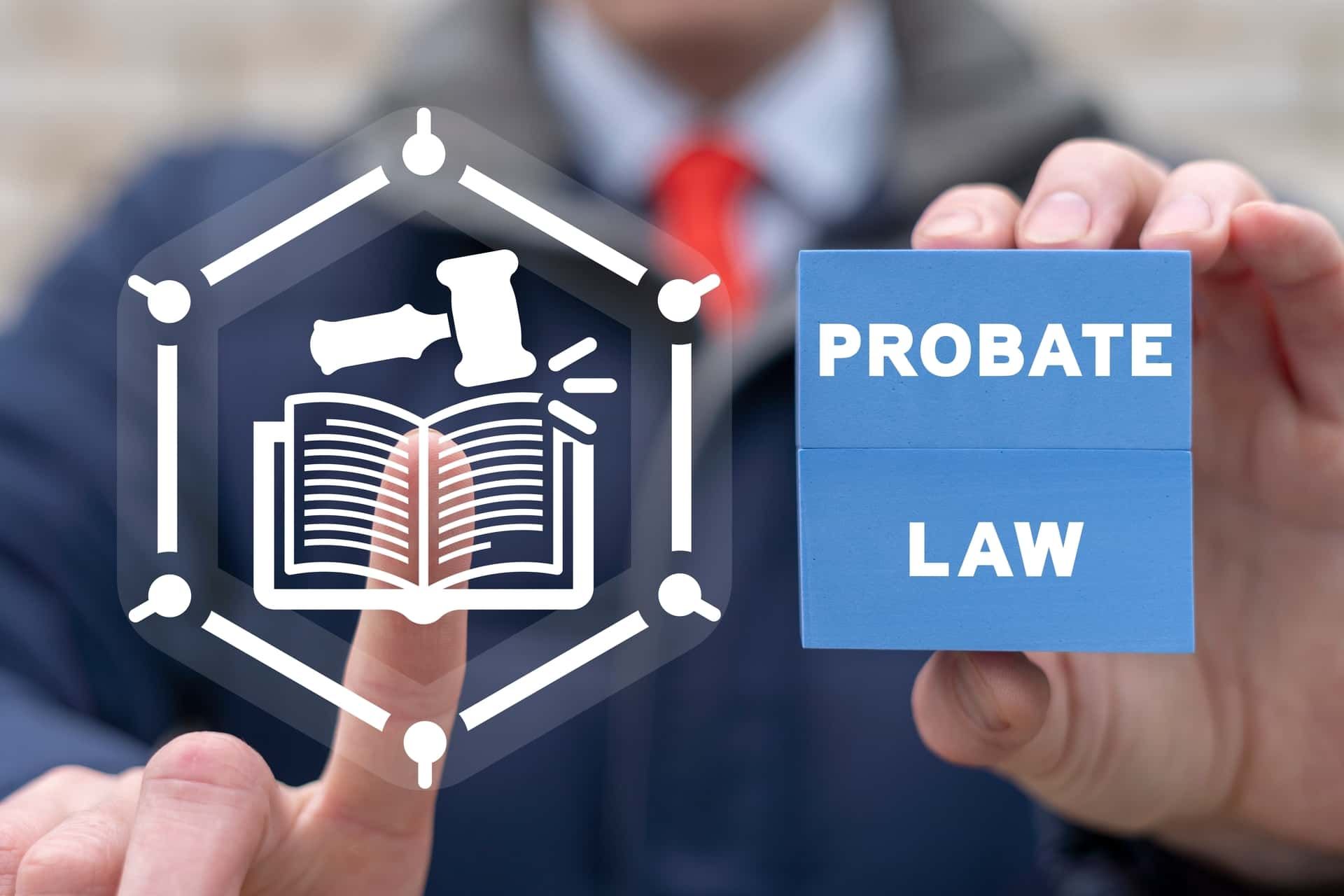Does the IRS Keep Your Info Confidential?
When it comes to our private information, the digital age has become quite an adversary. That is to say that the ease of being able to shop, bank, order food, and do thousands of other activities online means that our personal information has transformed into a very valuable commodity, and is vulnerable to theft, which could leave a victim with an empty bank account.
One of the government agencies that have, by necessity, access to all of your most private financial information is none other than the Internal Revenue Service (IRS). Now that most people file their taxes online, the question becomes whether the IRS will also keep your information confidential.
Well, you should feel safe in the knowledge that the IRS takes confidentiality very seriously. In fact, the Right to Confidentiality is one of the 10 “Taxpayer Bill of Rights” developed by the IRS.
Accordingly, in this article, we are going to discuss what your Right to Confidentiality really means when it comes to your personal information and the IRS. If, after reading this article, you would like to discuss the American Rescue Plan as it relates to your own tax situation, we invite you to call the Sarasota, Florida tax attorneys at the Law Office of Mary E. King, P.L.
The Law Office of Mary E. King, P.L. can make sure that your tax issues are resolved efficiently and at the lowest cost to you. Please fill out our online contact form , or call us at 941-906-7585 today.
What Exactly is the Right to Confidentiality?
The IRS pledges that:
Taxpayers have the right to expect that any information they provide to the IRS will not be disclosed unless authorized by the taxpayer or by law. Taxpayers have the right to expect appropriate action will be taken against employees, return preparers, and others who wrongfully use or disclose taxpayer return information.
Let us break down that right a little. What you, as a taxpayer, can expect based on this right to confidentiality are a number of things:
1. Your Authorization Required .
Generally speaking, the IRS cannot disclose any information on your tax return to any third party unless you give the IRS permission to do so. What does that mean? Well, if you are looking for a student loan because you want to get your degree, then the school offering your financial aid will want to see what your financial picture looks like so it can give an appropriate amount of aid. The information in your tax return would provide the necessary information to the school. However, the IRS will not disclose your tax return to the financial aid office of the school unless and until you give the IRS permission to do so.
The same is true with a mortgage or refinancing application. If you want to buy or refinance your home, then typically the bank processing the loan will want to know how much you can afford. Again, your tax return will provide that answer. Yet, the IRS will not simply respond to a bank inquiry with your tax return. Rather, you need to first provide permission for the IRS to disclose your information.
Thus, the right to confidentiality truly protects the information that is stored at the IRS, because it can only be disclosed when you give authorization, or if the law requires the IRS to do so.
2. Similar Protection to the Attorney-Client Privilege
In most cases, the kind of confidentiality you can expect when you discuss a case with your attorney is something you can also expect when you communicate with someone who is authorized to practice before the IRS. People who typically are authorized to “practice” before the IRS are certified public accountants or enrolled agents. That means that you can expect the following communication to be confidential:
1. Advice on tax matters from a CPA or agent;
2. That would normally be confidential between an attorney and you; and
3. That relates to non-criminal tax matters before the IRS.
3. Tax Preparers Also Have Duties to You
The IRS also notes in its right of confidentiality that if a tax preparer (like H&R Block) knowingly or recklessly discloses or uses your tax information for any reason other than tax preparation, then they could face criminal fines and even prison.
Learn More About Your Right To Confidentiality from Experienced Sarasota Tax Attorneys
We invite you to reach out to the Law Offices of Mary E. King. Tax matters can be complicated, and thus, it is always helpful to have someone in your corner who understands the tax law and deals with the IRS on a regular basis. Indeed, beyond just the stimulus payment from the IRS, there could be other issues with which a seasoned tax attorney can help.
So, when it comes to dealing with tax relief and tax litigation, you need to talk to Sarasota tax attorneys who can help. Mary E. King has spent her career concentrating on tax law and can help you with tax scams in Florida and elsewhere. Attorney King has a wealth of information about what types of options would make the most sense for you and your business.
That helps explain why she’s received an A+ rating from the Florida Better Business Bureau. If you have a tax-related issue – no matter how small or how large – setting up an initial consultation with Mary E. King, tax lawyer of Florida, is the first step you should take towards relief.
The Law Office of Mary King P.L. offers complete IRS problem-solving services including all areas from tax debt settlement to planning the most efficient tax strategy for individuals and businesses. Call us today to schedule an initial consultation. With years of experience as a tax lawyer in Sarasota for many clients, Attorney Mary E. King can make sure that your tax issues are resolved in your favor. Fill out our online contact form , or call us at 941-906-7585. Remember, at the Law Office of Mary E. King, we are focused on solving your tax issues for good.
The information in this blog post is provided for informational purposes only and is not intended to be legal advice. You should not make a decision whether or not to contact an attorney based upon the information in this blog post. No attorney-client relationship is formed nor should any such relationship be implied. If you require legal advice, please consult with an attorney licensed to practice in your jurisdiction.
The post Does the IRS Keep Your Info Confidential? appeared first on Law Office of Mary E. King P.L..
Disclaimer: The information on this website and blog is for general informational purposes only and is not professional advice. We make no guarantees of accuracy or completeness. We disclaim all liability for errors, omissions, or reliance on this content. Always consult a qualified professional for specific guidance.
RECENT POSTS
CONTACT US






